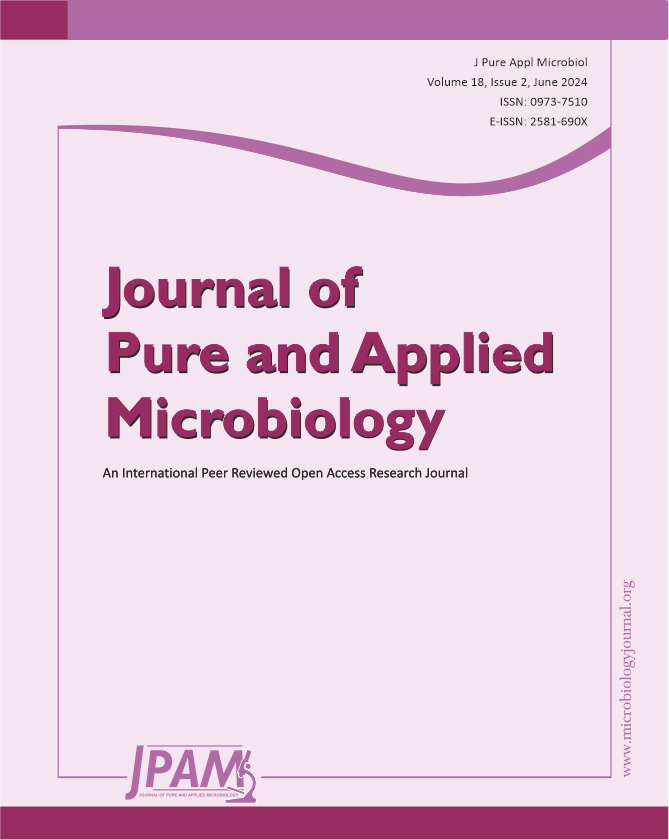As Jordan advances in an attempt to promote greywater reuse, it is important to investigate the composition of bacteria in these new sources. To evaluate the presence of enteric pathogens in greywater, a pilot study investigating enteric pathogens in household washing machines and kitchen sink effluents from residential premises was conducted. In the culture-dependent method, bacteria were identified after using Sanger sequencing of 16S rRNA. Bacteria in the phylum Proteobacteria have been found to be the most abundant phyla, which may indicate that they play an important environmental role and might be representative of adaptation to different environments. Klebsiella sp. and Pseudomonas sp. were the two major genera found in this study and accounted for 78.57% of the total isolates. This is the first investigation of enteric pathogens in household washing machines and kitchen sink effluents in Jordan. To my knowledge, no study has identified the microbial hazards associated with greywater reuse in Jordan yet. Additional research with more adequate methodology is needed to assist our findings.
Enteric Pathogens, Washing Machine, Kitchen Sink, Greywater, 16S rRNA, Klebsiella sp., Pseudomonas sp.
© The Author(s) 2024. Open Access. This article is distributed under the terms of the Creative Commons Attribution 4.0 International License which permits unrestricted use, sharing, distribution, and reproduction in any medium, provided you give appropriate credit to the original author(s) and the source, provide a link to the Creative Commons license, and indicate if changes were made.


